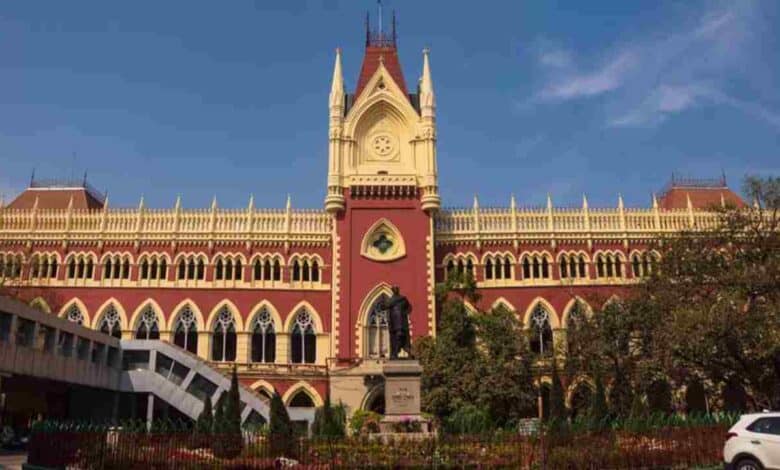SSC’s New Recruitment Policy Faces Legal Challenge in Calcutta High Court

A lawsuit has been filed in the Calcutta High Court challenging the West Bengal School Service Commission’s (SSC) new recruitment policy for 2025. The petition was lodged by a group of candidates from the 2016 waiting list. They allege that these new regulations contradict Supreme Court directives and are an attempt to conceal past corrupt practices. Lawyer Bikash Ranjan Bhattacharya, commenting on the matter, stated that the state government lacks a sincere intention to conduct transparent appointments and that these new rules could pave the way for further corruption.
Key Controversial Aspects of the New Rules:
- Reduced Importance of Academic Scores: The new policy significantly increases marks for the written examination (e.g., to 60 marks) while reducing the weightage given to academic qualifications. This has raised concerns about a potential lack of transparency in evaluating candidates’ merit.
- Marks for Teaching Experience: The introduction of 10 marks for teaching experience has also sparked controversy. Many believe this could be a tactic to unfairly advantage certain candidates.
- Retrospective Application: The petitioners’ lawyer emphasized that the 2016 recruitment process was already tainted by corruption. Therefore, instead of applying new rules retrospectively, the panel should be reconstituted based on the 2016 regulations. There are accusations that the new rules are an attempt to legitimize previous irregularities.
- Discrepancies in Mark Distribution: Candidates fear that reducing marks for academic qualifications while increasing marks for interviews and adding marks for experience creates opportunities for opacity and manipulation in the entire process.
- Unfair Age Relaxation Policy: Under the new rules, candidates eligible for multiple examinations are only granted age relaxation for one, a provision considered unjust by many aspirants.
The hearing for this case is scheduled for June 5th. Job aspirants are hopeful that the court will consider their arguments and direct a transparent and fair recruitment process. They are also demanding that eligible candidates from the 2016 recruitment, who were unjustly denied positions, be reinstated, and ineligible candidates removed. This new recruitment policy has once again stirred controversy in the state’s education system, and all eyes are now on the court’s verdict.

